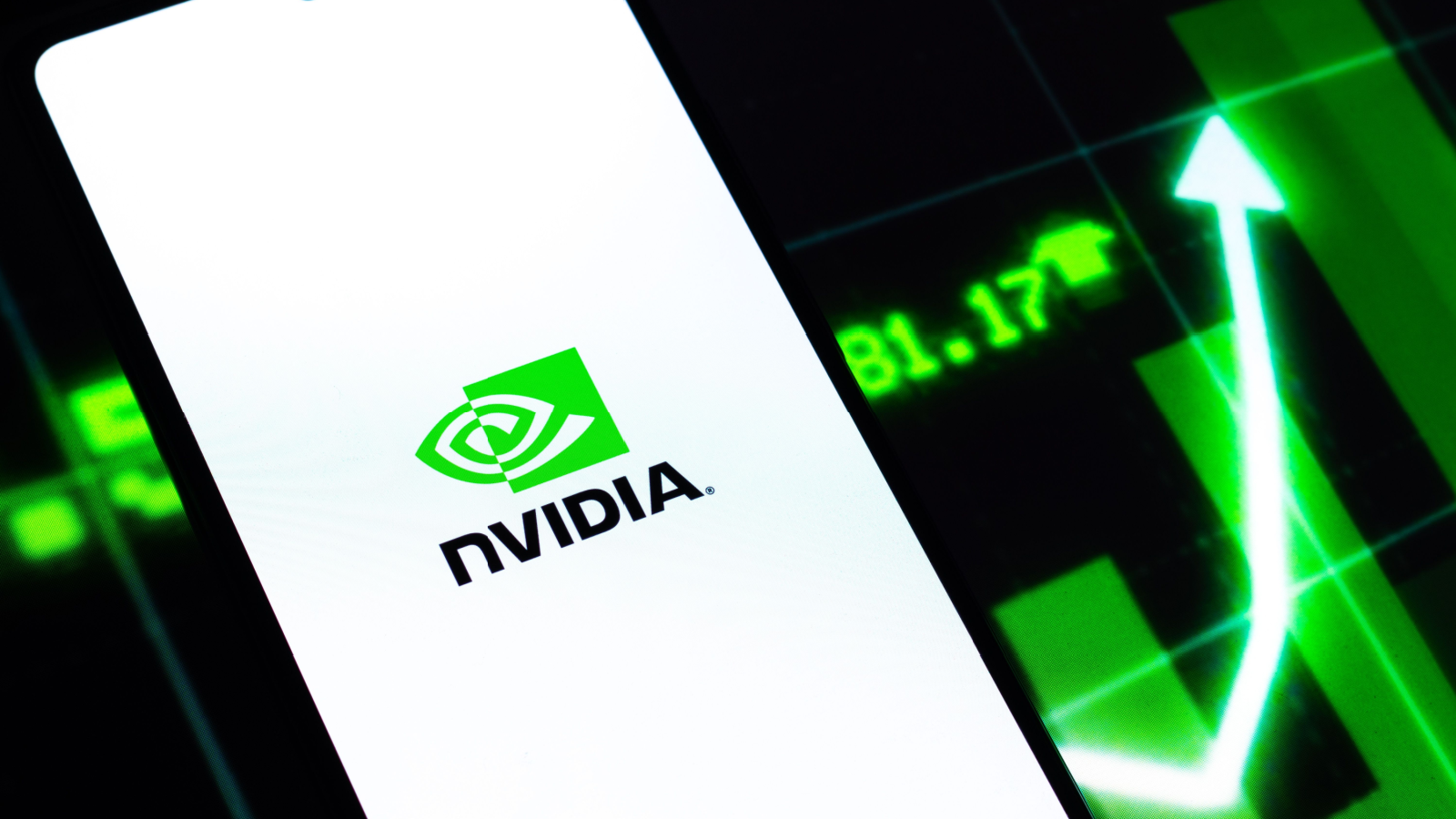
Following Nvidia’s announcement of its first-quarter financial results yesterday, the company’s stock experienced an impressive surge of nearly 30%. This remarkable performance is propelling Nvidia towards a milestone that only a select few publicly traded U.S. companies have achieved – a market valuation of $1 trillion. Nvidia is poised to join the exclusive ranks of Apple, Microsoft, Alphabet, and Amazon in this elite group of trillion-dollar companies. The catalyst behind this remarkable ascent is the ever-increasing demand for high-performance AI chips in the era of generative artificial intelligence.
This outcome was, to a large extent, foreseeable. Back in February, VentureBeat conducted an in-depth analysis that revealed how Nvidia has come full circle in the realm of AI. Its hardware and software played a pivotal role in fueling the deep learning revolution, which subsequently heightened the necessity for an ever-expanding array of GPUs. This heightened demand was especially driven by the growth and empowerment of large language models like GPT.
The present landscape of generative AI is dominated by colossal models that necessitate the utilization of thousands of GPUs for effective operation. Remarkably, Nvidia currently commands a staggering 88% share of the GPU market, as indicated by Jon Peddie Research. Notably, OpenAI reportedly harnessed the power of 10,000 Nvidia GPUs in the training of ChatGPT, underlining the company’s vital role in this transformative field. Furthermore, there are rumors suggesting that Elon Musk’s AI venture, X.ai, has procured thousands of Nvidia GPUs, further emphasizing the company’s pivotal position in shaping the future of AI.
Generative AI emerged as a pivotal moment in Nvidia’s financial journey.
In a remarkable turn of events, Nvidia’s second-quarter revenue projection surpassed Wall Street’s expectations by more than 50%. CEO Jensen Huang, during an interview with CNBC, attributed this surge to generative AI. He stated, “Generative AI was the turning point. We recognized that CPU scaling had hit a plateau, and the future lay in accelerated computing. Then, the game-changing application appeared.”
However, Nvidia’s prosperity has brought about challenges for numerous companies seeking access to GPU computing resources. For many, it has become a crisis, rendering GPU compute accessible primarily to well-funded AI-focused enterprises.
David Katz, a partner at Radical Ventures in Toronto, drew a comparison to the popular series Game of Thrones, saying, “The current situation resembles the dynamics in Game of Thrones, with an insatiable demand for computing power required to operate these extensive and demanding AI models.”
Nvidia is currently unparalleled in its industry, primarily due to its holistic platform approach.
According to experts, there’s no foreseeable challenger that can dethrone Nvidia from its dominant position in the AI sector. In the words of Gartner analyst Chirag Dekate during a February interview with VentureBeat, Nvidia has become synonymous with AI. He emphasized that Nvidia has evolved beyond being just a GPU computing company; it has transformed into an AI supercomputing powerhouse. Dekate attributed Nvidia’s success to strategic investments and a laser-focused approach that has allowed them to assert their supremacy in the AI landscape.
Despite the looming threats posed by competitors like AMD and Google, along with potential geopolitical challenges (such as restrictions on chip exports to certain countries), Nvidia’s renowned platform strategy and software-centric approach remain exceptionally resilient, as confirmed by industry experts.
As highlighted by analyst Jack Gold in a VentureBeat article from last September, Nvidia has cultivated a robust ecosystem that encompasses not only cutting-edge chips and associated hardware but also a comprehensive suite of software and development systems meticulously optimized for their hardware solutions. This integrated approach sets Nvidia apart.
Furthermore, Nathan Benaich, founder and general partner of Air Street Capital, noted Nvidia’s agility in incorporating new capabilities into its system. In contrast, some AI chip startups have overlooked investing in software tools. While these startups may offer cloud computing platforms that are faster or more cost-effective than Nvidia’s, they often fall short in enhancing the overall programming experience.
In summary, as per Benaich’s perspective conveyed to Digital Market Reports, Nvidia’s position in the AI industry is solid and can only be compromised if they fail to maintain their current level of excellence.
